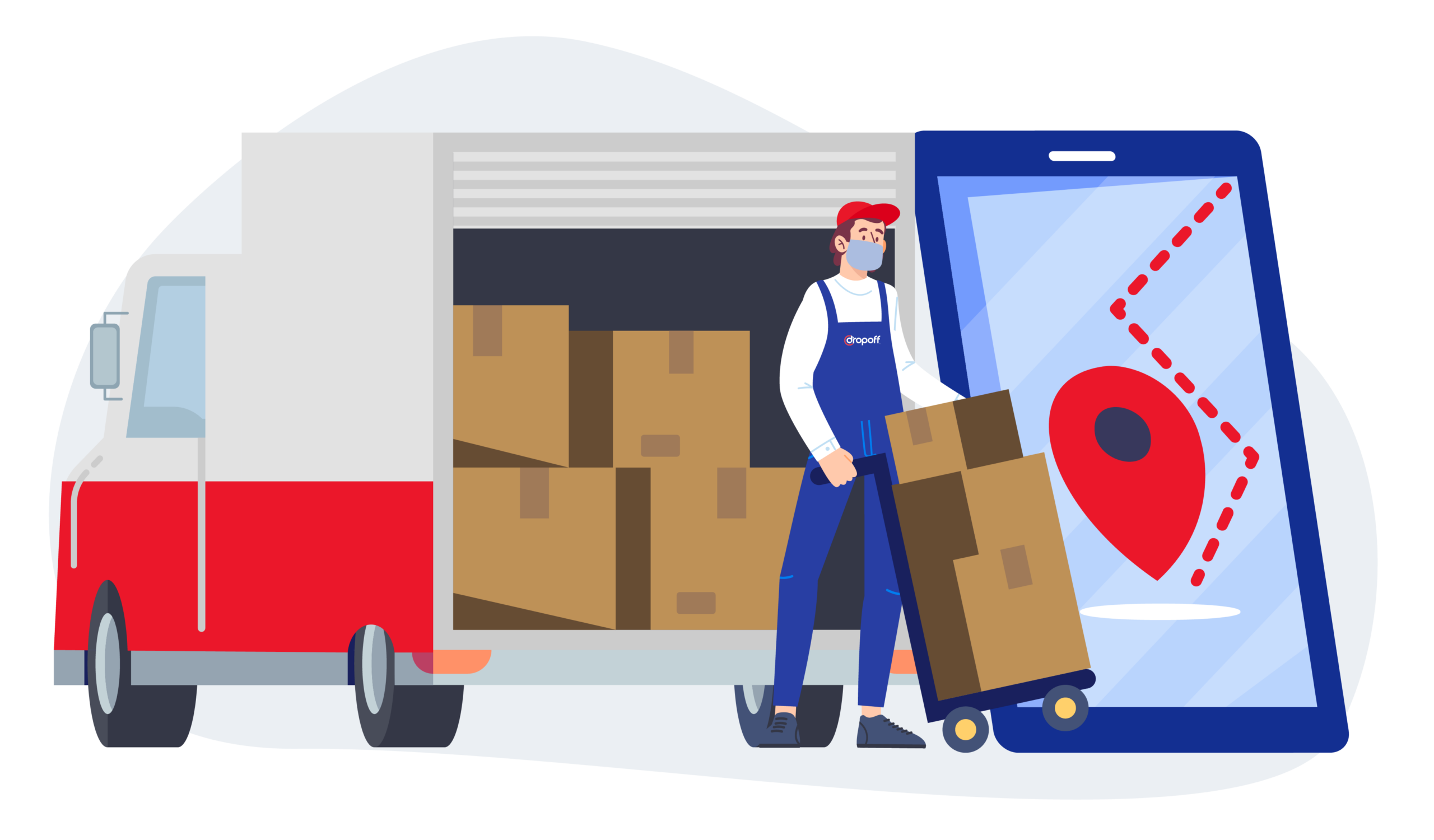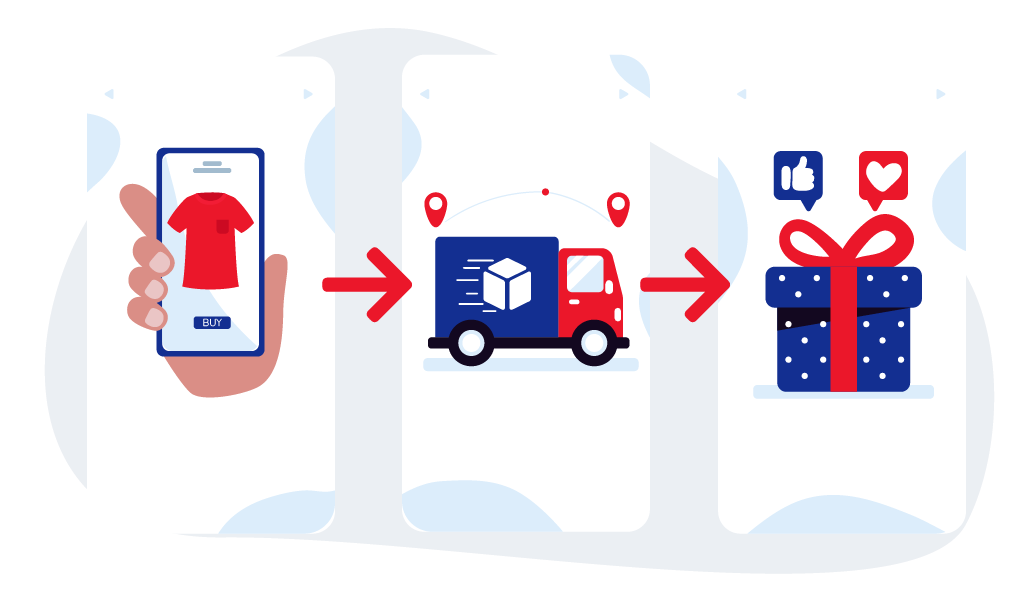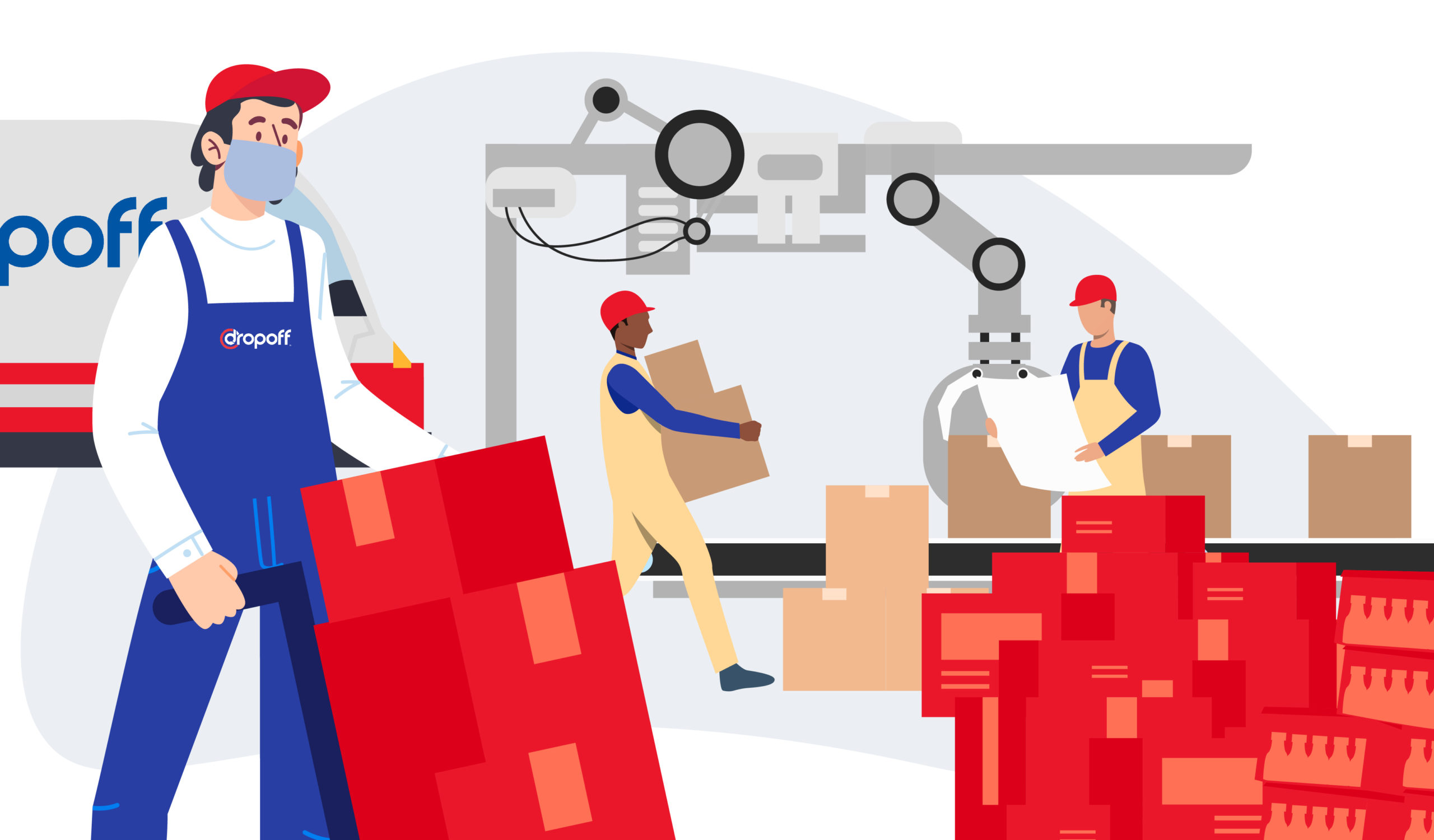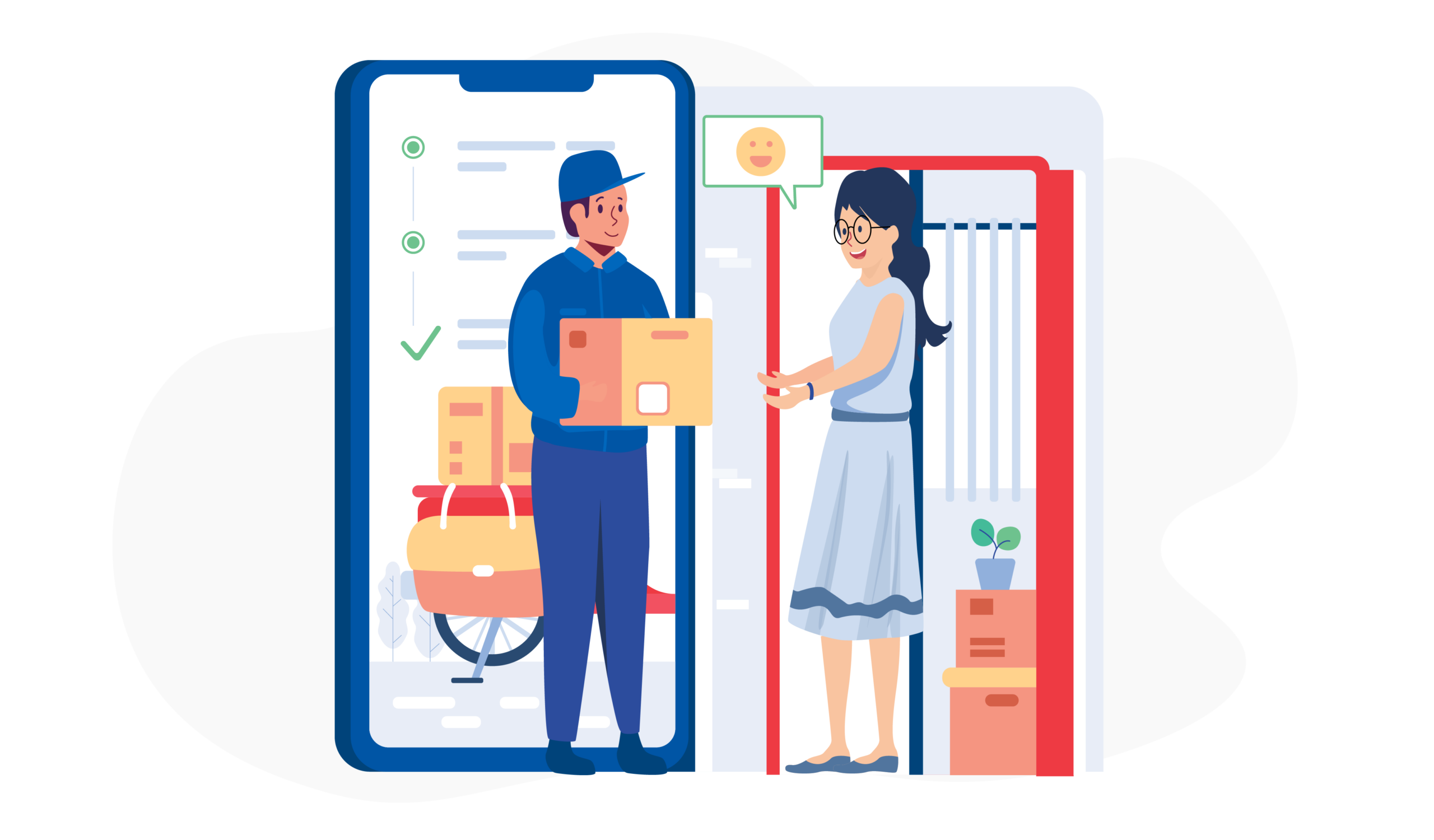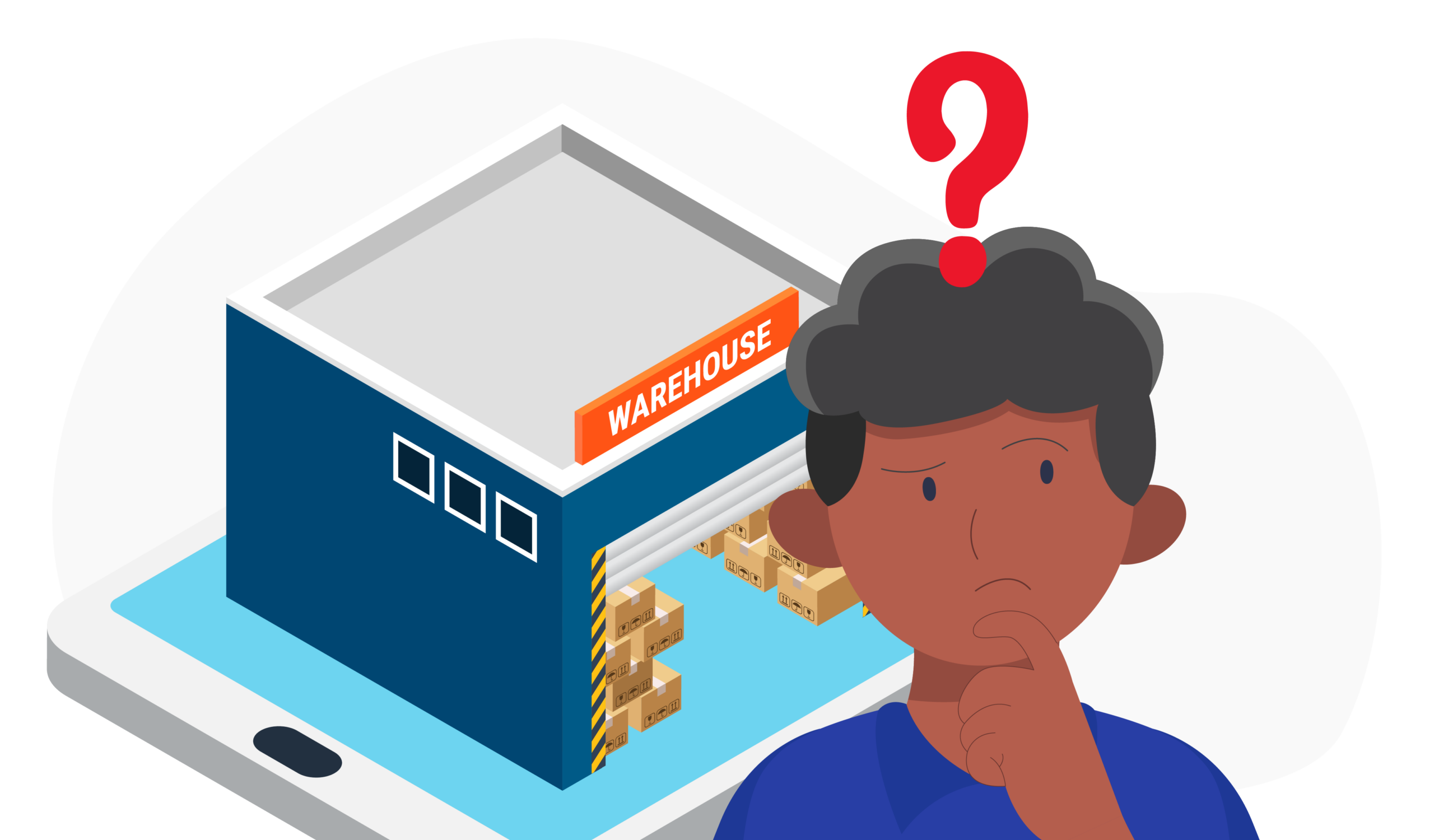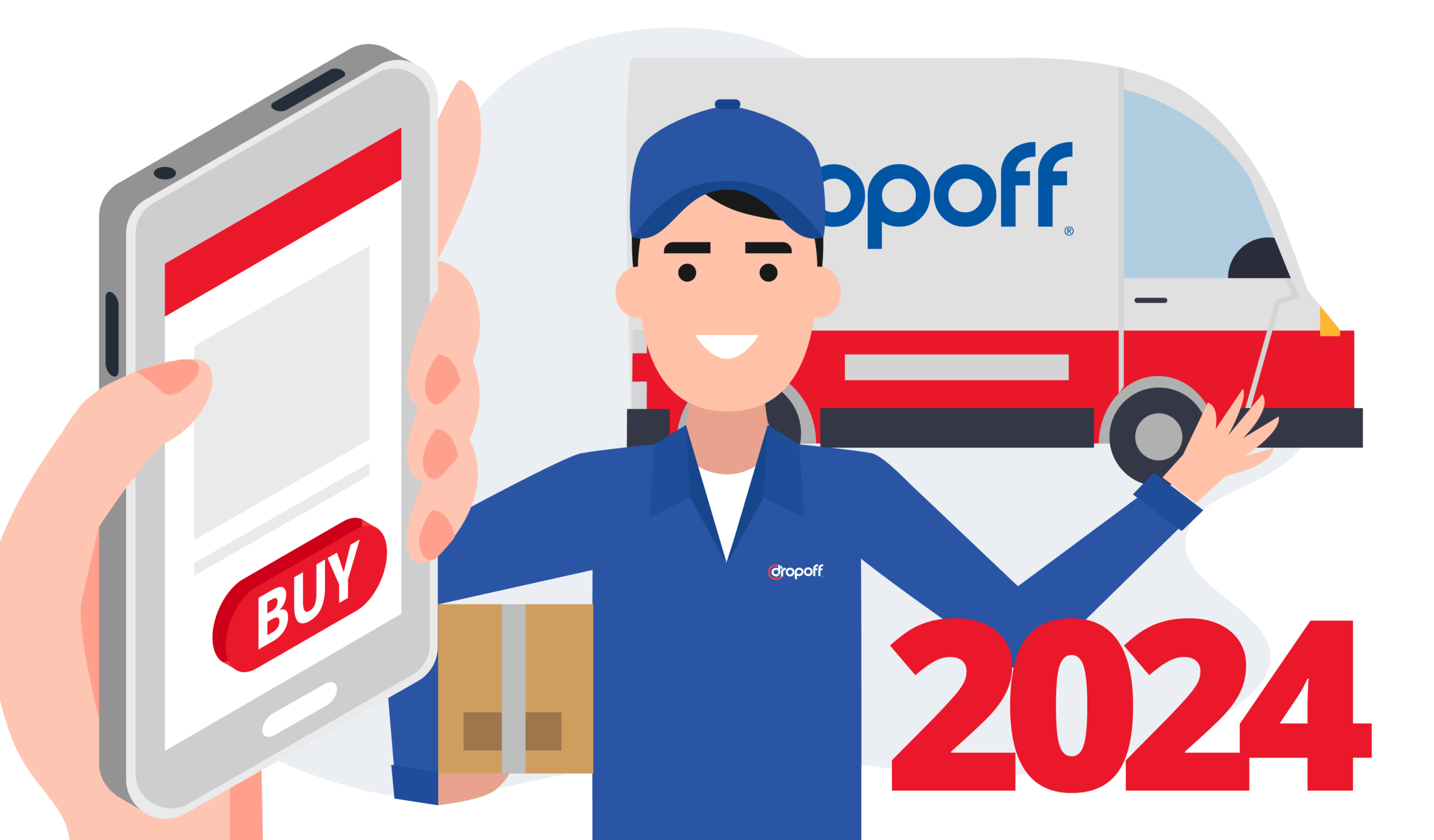How a Target-Kroger Merger Can Impact the Food & Grocery Industry
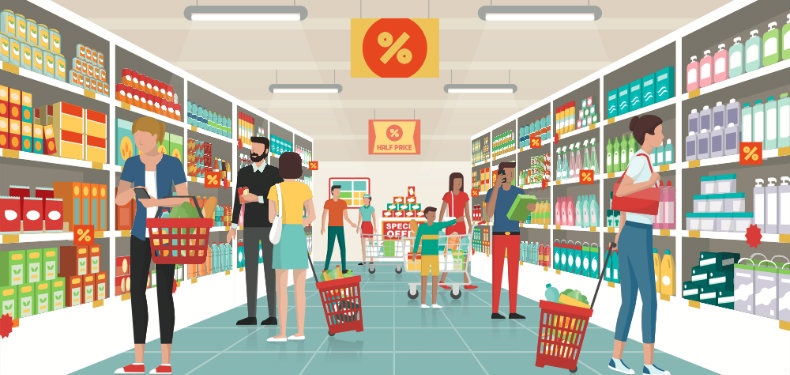
In the last year, we’ve seen retailers undergo drastic changes in the shape of mergers and acquisitions in order to keep up with the likes of Amazon. Nevertheless, the idea of a Target-Kroger merger came as a surprise to many. Though there are conflicting reports of its likelihood, it has us thinking: how possible is this merger, and what does this mean for the ever-evolving retail landscape?
The “retail apocalypse” has big box retailers concentrating on their omnichannel strategies, amplifying ecommerce channels, and launching new lines of products across segments to appeal to broader audiences and serve as a one-stop-shop. A Target-Kroger merger would certainly boost Target’s grocery business as well as offer Kroger customers more access to merchandise and online retail.
Target’s Current Landscape
Target has been working towards amplifying its grocery offerings in recent years. It brought on Jeff Burt, former President of Kroger subsidiary Fred Meyer, as its SVP of Grocery, Fresh Food and Beverage in April 2017. But grocery remains a small portion of its business, generating 21% of revenue, according to Retail TouchPoints.
The same source says Target has also been struggling with its loyalty program, with only 24% of consumers using its REDcard. Kroger, on the other hand, has a higher adoption of its loyalty program, which could be appealing to Target.
Kroger’s Current Landscape
Kroger has been looking to improve its online offerings and fulfillment services. It would benefit greatly from same-day grocery delivery with new Target-acquired Shipt. Kroger previously attempted to purchase Shipt, an on-demand grocery delivery service, but Target instead closed the deal at $550 million. A merger could integrate Kroger with Shipt, something they are seemingly interested in.
Kroger also discussed acquiring wholesale e-commerce brand Boxed some time back, according to Fast Company. The acquisition “would have given Kroger both delivery infrastructure and entry into merchandise sales.”
As the second largest grocery chain in the U.S., Kroger has a good distribution of physical locations, with thousands of stores with refrigerators and freezers — something Target lacks.
Why a Target-Kroger Merger Could be Appealing to Both Brands
The partnership would certainly expand the market opportunity for both companies by improving Target’s grocery business and giving Kroger customers more access to merchandise and ecommerce. They could possibly even design a new concept store.
“We’re seeing retailers trying to assess who actually is their competitor, and who is the person you need to partner with to battle the real enemy in the room, which the entire industry sees as Amazon right now,” said Tom Gehani, Director of Client Strategy and Research at L2 in an interview with Retail TouchPoints. “Target sells groceries, but it’s a small portion of their business at $15 billion — only 21% of revenue. Kroger sells general merchandise product, although it’s only between 5% and 10% of revenue. These companies started to look at the real enemies, which are Walmart, which does $170 billion of grocery sales, and Amazon/Whole Foods, which is projected for $135 billion in grocery sales.”
The competition to be ahead in the online grocery shopping space is fierce. Walmart already has the largest share of the nearly $800 billion U.S. grocery market. And this year, it will make its grocery delivery service available to 40% of U.S. households. It’s also building out a millennial-focused grocery brand on Jet.com, according to Fast Company.
But Would They Be Taking a Tremendous Risk?
A merger like this doesn’t come without its risks. Bloomberg was quick to point out the downfalls associated with such an acquisition. It was noted that Target has had a significant amount of time to make more progress than it has in its grocery business since hiring leadership with extensive experience in the space. Acquiring Kroger wouldn’t be bringing in new ideas for grocery, rather it would be purchasing a bigger grocery business with thousands of brick-and-mortar locations. A deal this large could leave the combined entity with debt and hinder its ability to make investments in innovation.
Final Takeaways
Winning the retail wars today truly is a battle. Only the most agile and customer-focused will survive. Both Kroger and Target seem to have important strengths both parties can benefit from greatly. There’s certainly a demand from consumers to have grocery and household shopping be as convenient and seamless as possible, and integrating the two would do just that.
The ability to offer same-day grocery delivery is almost necessary for grocers to keep up with the pace of the industry. By 2024, 70% of U.S. consumers will be grocery shopping online, according to estimates from the Food Marketing Institute (FMI) and Nielsen.
Not everyone has the resources Target does to purchase an established logistics company to coordinate deliveries in-house. Working with a professional and reliable same-day delivery partner that integrates with your back-end systems allows grocers to meet rising consumer demands. It also spares them the burden of developing in-house technology and hiring a fleet of vehicles and drivers to coordinate the logistics and make deliveries.

